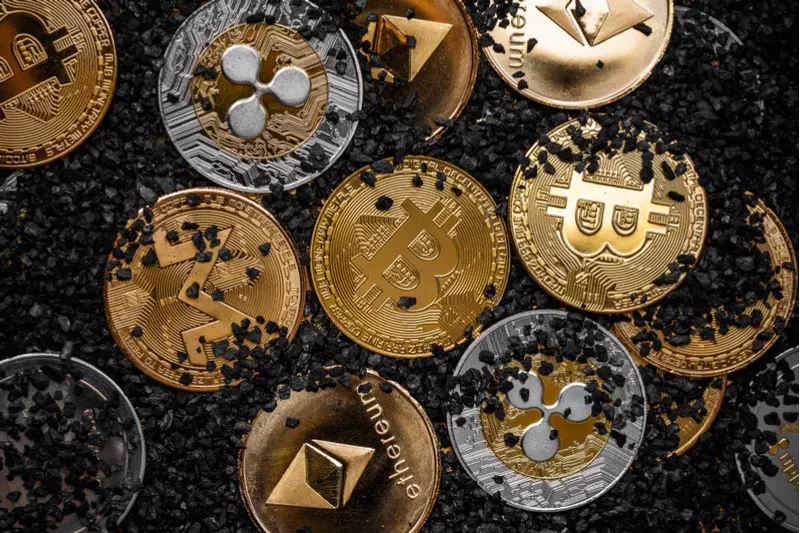In a bold announcement via social media, Robert Kiyosaki, renowned author of “Rich Dad Poor Dad” and a prominent figure in financial discussions, has once again ignited the conversation surrounding the reliability of government monetary policies. He explicitly expressed his distrust in U.S. governmental structures, highlighting the reckless spending habits that have characterized recent years. According to Kiyosaki, this skepticism is deeply rooted in his experiences dating back to 1965 when he recognized a troubling shift in the integrity of U.S. currency—specifically, the transition of silver coins to copper alloys. Such observations prompted him to fundamentally reassess how he viewed money, leading to a lasting wariness about trusting the government’s financial decisions.
Kiyosaki’s critique doesn’t solely dwell on current financial turmoil but traces historical events that have shaped today’s fiscal landscape. He mentioned President Nixon’s controversial decision to detach the U.S. dollar from the gold standard—a move that shifted the basis of currency valuation and fundamentally altered the economic framework. This detachment laid the groundwork for what Kiyosaki perceives as a continuous devaluation of the dollar, diminishing the purchasing power of citizens and potentially setting the stage for future economic instability. The towering weight of this history creates a fossilized narrative about the risks tied to fiat currencies, urging individuals to rethink their financial strategies in a shifting marketplace.
In light of his recommended alternative assets, Kiyosaki is vocal about stockpiling tangible commodities such as gold and silver, alongside a modern twist: Bitcoin. He advocates for a diversified approach to wealth management, proposing that individuals focus on physical assets alongside cryptocurrencies as bulwarks against impending financial crises. With the sentiment that “the world is about to crash financially,” he offers a glimpse into his investment philosophy, encouraging his audience to accumulate Bitcoin gradually. His unwavering belief suggests that this cryptocurrency could reach an astronomical valuation of $350,000, driven by supportive government policies and increased institutional adoption.
The wild fluctuations of Bitcoin’s price have certainly not escaped Kiyosaki’s commentary. In a matter of days, Bitcoin’s value underwent a significant drop, plummeting almost 15% from its peak of $108,380 to around $92,640 amid Federal Reserve announcements regarding potential interest rate adjustments. Nevertheless, a rebound occurred as Bitcoin regained some ground, showcasing the inherent volatility and unpredictability of crypto markets. This reality poses questions about the long-term viability of Bitcoin as a stable investment, yet Kiyosaki maintains that it remains a crucial component of a balanced portfolio.
Kiyosaki’s opinions serve as a clarion call for individuals and investors alike. His narrative stresses the importance of preparing for financial upheaval by reevaluating the assets we trust. As the socio-economic climate evolves, understanding the historical context of fiscal changes and recognizing the alternatives to traditional fiat currency could empower investors to safeguard their wealth effectively. Whether through Bitcoin or precious metals, Kiyosaki aims to galvanize a community that prioritizes financial foresight in an increasingly unpredictable economic environment.


Leave a Reply